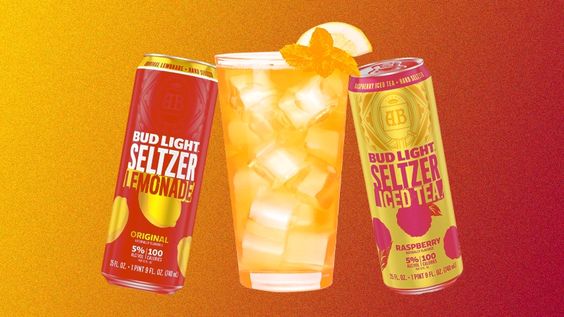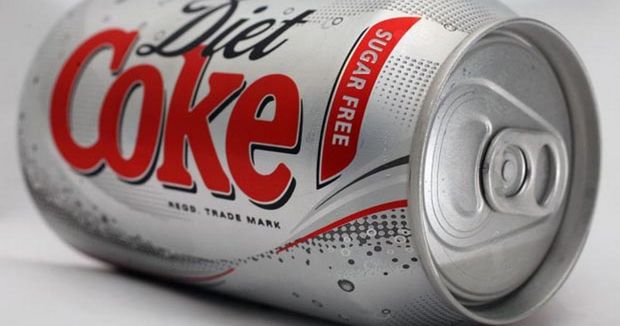Advertisement
Is Seltzer Actually Bad For You?
A drink of ice-cold water is always a treat, especially on sweltering hot afternoons. But other people want something more than just water. Enter Seltzer, otherwise known as sparkling or carbonated water. It hits just the right spot to give you that much-needed boost of energy—all without making you feel guilty for taking more calories than necessary. So, what’s all the fizz about seltzer water?

What Is Seltzer/Carbonated Water?
Carbonated water (sometimes called club soda, sparkling water, or soda water) is plain water that contains dissolved carbon dioxide gas. How is it made? The usual process is gas is artificially injected under pressure into the water. The carbonation in the water causes small bubbles to form. This process gives carbonated water its effervescent quality.
But what exactly are the minerals in Seltzer? The formula includes dissolved minerals of potassium, bicarbonate, sodium bicarbonate, sodium citrate, or potassium sulfate. These ingredients are added to mimic the natural taste of plain water. Now, bubbly water doesn’t sound that bad, right?

Health Implications
Well, there have been studies that it might actually be detrimental to your health since the chemicals aren’t present in regular water. Specifically, carbonation can hurt your gut health and disrupt your digestive processes. As a result, those fond of Seltzer may experience a range of aches and pains. The list ranges from joint pain, acne, to even skin rashes! These symptoms are largely due to the changes in the microbiome. Microbiomes are small organisms in your digestive tract that aid in digestion.

What the Experts Say
To get to the bottom of how healthy and safe this beloved bubbly drink is, a leading medical practitioner shares her knowledge to shed some truth about Seltzer. According to Dr. Cederquist, author of The MD Factor Diet: A Physician’s Proven Diet for Metabolism Correction and Healthy Weight Loss, Seltzer or any type and form of water is recommended over any sugary drink or soda. This is because you get all the healthy benefits of drinking water—without the unwanted calories.
What’s more, most carbonated drinks generally improve your hydration levels compared to tap water. It’s also noted that Seltzer can improve digestion and help alleviate constipation, according to a study published in the European Journal of Gastroenterology and Hepatology. Seltzer—or any carbonated water, for that matter—improves the swallowing ability of young children as well as adults.

The Bottom Line
The bottom line is that Seltzer is not particularly perilous to the stomach. But Dr. Cederquist did acknowledge that carbonated water can cause unpleasant digestive symptoms if consumed in large quantities. The carbonated bubbles, in particular, can exaggerate the symptoms of individuals who already have issues in managing digestive disorders. The aftereffects include probable acid reflux, irritable bowel syndrome (IBS), and even Crohn’s Disease. In addition, some carbonated drinks contain artificial sweeteners, which can further cause digestive irritation and discomfort, including changes in an individual’s gut microbiome.
In general, drinking Seltzer is a healthier option to stay hydrated. Since individuals have different ways of reacting to carbonated drinks and other artificial sweeteners, Dr. Cederquist suggests that individuals consult with their doctors first if they feel any unpleasant reaction when they drink Seltzer.
It may also be a good idea to switch to drinking plain water first and limit your Seltzer intake if you feel any digestive discomfort or pain. Afterward, you can consult with your preferred dietician or healthcare professional so they can help answer your questions related to your gut health. The same advice applies to those considering carbonated drinks and artificial sweeteners as healthier alternatives.
